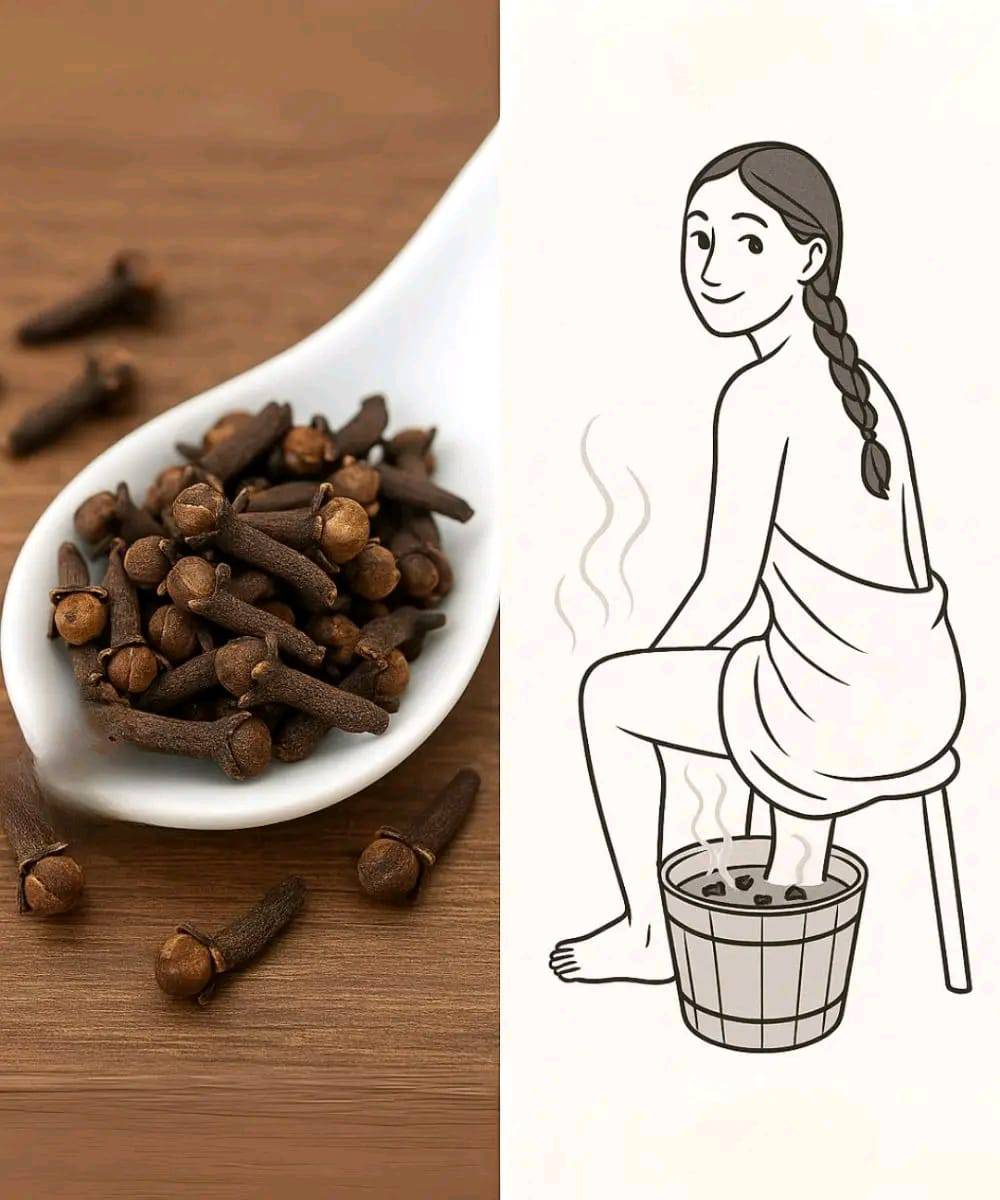Introduction
Cloves (Syzygium aromaticum) are aromatic flower buds used predominantly as a spice—beloved for their intense, slightly sweet‑bitter flavor, warming scent, and exotic aroma. But beyond culinary uses, cloves offer potent compounds like eugenol, flavonoids, and phenolic acids, which science is revealing play roles in anti‑inflammatory, antioxidant, antimicrobial, digestive, and possibly anticancer processes. This article explores what research tells us about cloves’ benefits, practical home remedies using cloves (and clove oil), safety considerations, and how to incorporate them into daily wellness routines.
Cloves are rich in manganese, vitamin K, fiber, beta‑carotene, potassium, and small amounts of other minerals and vitamins. The major active compound is eugenol, which is found in high concentration in clove buds and clove essential oil. Other important bioactives include flavonoids, phenolic acids, and caryophyllene. These compounds contribute to cloves’ antioxidant capacity (scavenging free radicals, reducing oxidative stress) and anti‑inflammatory action.
Health Benefits Supported by Research
-
- Antioxidant effects
Cloves have very strong antioxidant activity. A recent GC‑MS and computational modeling study showed clove pods contain high levels of phenols and flavonoids, with eugenol being about 58‑60% of the extract, contributing to robust free radical scavenging potential. This helps protect cells from oxidative damage, which is implicated in aging, cardiovascular disease, cancer, and other chronic illnesses. - Anti‑inflammatory properties
Compounds in cloves, especially eugenol and caryophyllene, are known to modulate inflammation. Clove extracts have been shown to inhibit inflammatory enzymes (such as COX‑2), reduce markers of systemic inflammation, and alleviate symptoms in animal studies of arthritis and other inflammatory disorders. - Oral and dental health
Cloves and clove oil have long been used as traditional remedies for toothache. The numbing properties of eugenol make clove oil useful for temporary relief of tooth pain. Studies confirm clove oil (when appropriately diluted) can help with dental discomfort. Clove oil may also help reduce bacterial growth in the mouth, reducing risk of gum disease and oral infections. - Digestive benefits
Traditionally cloves have been used to relieve digestive complaints: gas, bloating, indigestion. Clove essential oil and ground cloves appear to stimulate digestive enzymes and may reduce gastrointestinal upset. Some of this is based on animal or in vitro studies, or traditional use, rather than large human clinical trials. - Liver protection
Animal studies suggest that clove extract can reduce liver damage caused by toxins, improve enzyme markers of liver health, and reduce oxidative stress in the liver. However, excessive intake or very high doses (especially of clove oil) may have adverse effects on the liver. - Blood sugar regulation
Some experimental studies (in animals or in vitro) indicate that cloves may help lower blood glucose levels, improve insulin sensitivity, or reduce postprandial spikes. For people with diabetes or prediabetes, cloves might offer adjunctive benefit when used safely. - Antimicrobial, antifungal, antiviral activity
Clove and clove oil show activity against various microbes: bacteria, fungi, parasites, even viruses in lab studies. For example, clove extract has shown inhibition of pathogens in respiratory illness, oral bacteria, and fungal species. - Potential anticancer effects
There is emerging evidence in vitro and in animal models that clove extracts or eugenol may help reduce growth of certain cancer cells, promote apoptosis (cell death) in cancerous cells, and slow tumor growth. But human clinical trials are limited, and toxicity at higher concentrations is a concern.
- Antioxidant effects
Practical Home Remedies Using Cloves
[rotated_ad]

